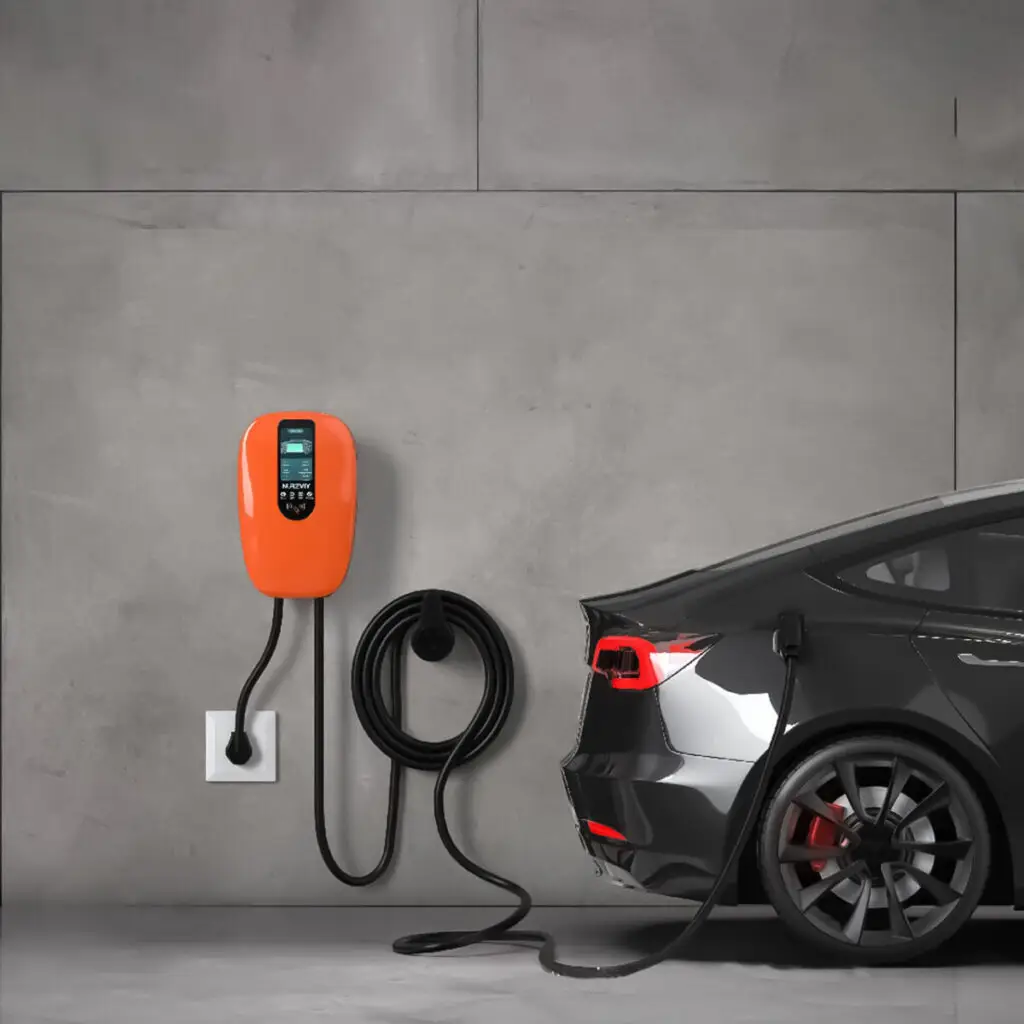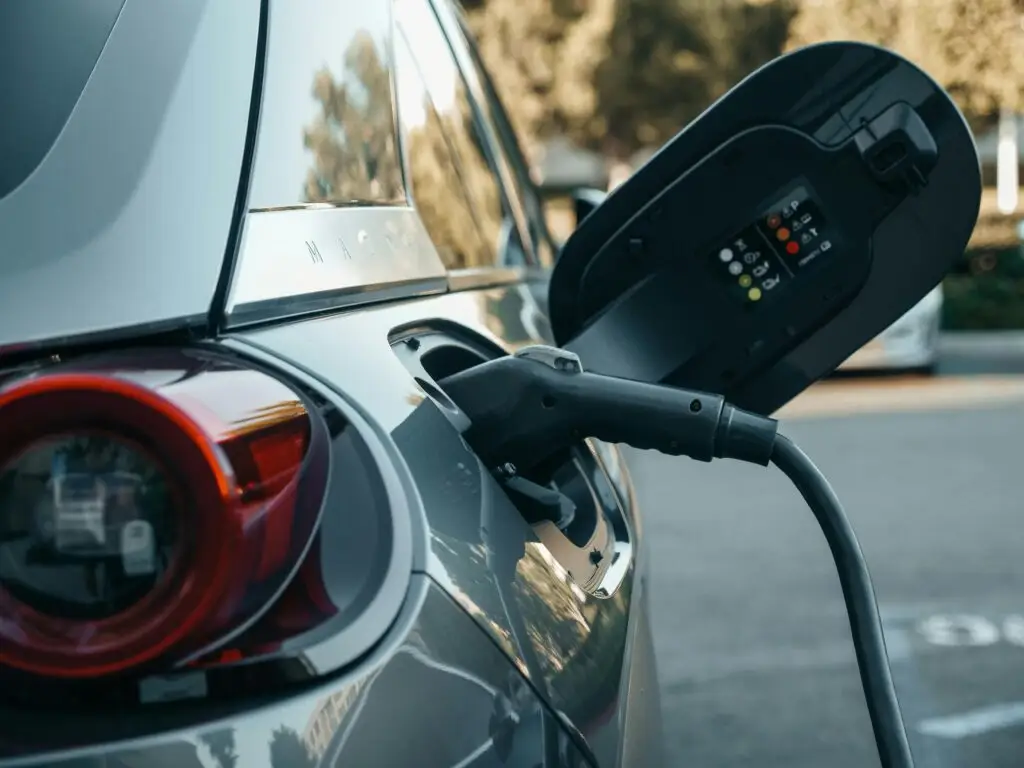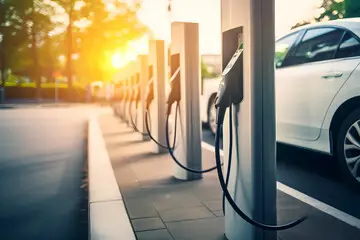How Level 2 Charging Stations Are Ideal for Residential Use
Introduction
Electric vehicles (EVs) have rapidly gained popularity, making home charging solutions a necessity for many drivers. While standard Level 1 chargers can be convenient, they often lack the efficiency needed for daily use. Level 2 charging stations offer a faster, more efficient way to power EVs at home, reducing downtime and improving overall convenience. This blog explores the benefits of Level 2 chargers, their technical requirements, and why they are the ideal choice for residential EV charging.
What Is a Level 2 Charging Station?
A Level 2 EV charger operates at a 240-volt power supply, significantly increasing charging speed compared to a Level 1 (120-volt) charger. It is commonly used in homes, workplaces, and public charging stations. Key specifications include:
- Voltage: 208-240V
- Power Output: 3.3 kW to 19.2 kW
- Charging Speed: 10-60 miles of range per hour
- Connector Type: SAE J1772 (compatible with most EVs, except Tesla, which requires an adapter)
Advantages of Level 2 Charging at Home
1. Faster Charging Speeds
- Level 1 chargers take 20-50 hours to fully charge an EV.
- Level 2 chargers can charge a typical EV in 4-10 hours.
- Ideal for overnight charging, ensuring the vehicle is ready by morning.
2. Cost-Effective and Energy Efficient
- Reduced reliance on public charging stations saves time and money.
- Many utility companies offer time-of-use (TOU) rates, allowing homeowners to charge their EVs at lower electricity costs during off-peak hours.
- Energy-efficient models reduce overall electricity consumption.
3. Increased Convenience and Reliability
- Homeowners can install chargers in garages, driveways, or dedicated parking spaces.
- No waiting for public chargers or dealing with unreliable station availability.
- Smart chargers allow remote monitoring, scheduling, and energy tracking via mobile apps.
Installation Requirements for Level 2 Chargers
Installing a Level 2 charging station at home requires certain electrical and safety considerations:
1. Electrical Panel Capacity
- Requires a dedicated 240V circuit.
- Must check panel capacity to ensure it can handle the additional load.
- A licensed electrician may need to upgrade the breaker panel if insufficient capacity is available.
2. NEC and UL Compliance
- Must adhere to National Electrical Code (NEC) 625 regulations for EV charging.
- Installers should use UL-listed equipment to ensure safety and compliance.
3. Professional Installation
- While some units allow DIY installation, hiring a qualified electrician ensures proper setup and code compliance.
- Installation typically costs between $500-$2,000, depending on electrical upgrades needed.
Choosing the Right Level 2 Charger for Your Home
When selecting a Level 2 EV charger, consider the following factors:
1. Charging Speed and Power Output
- Lower-end models (3.3 kW) provide 12-15 miles per hour of charge.
- High-power models (7.2 kW – 19.2 kW) offer 25-60 miles per hour.
- Higher power requires upgraded electrical circuits.
2. Smart Features
- Wi-Fi connectivity for remote monitoring and scheduling.
- Load balancing to manage energy distribution in multi-EV households.
- Mobile apps for real-time status updates and usage reports.
3. Weatherproofing and Durability
- NEMA-rated enclosures for outdoor installations.
- IP-rated chargers for protection against dust, moisture, and extreme temperatures.
Future Trends in Residential EV Charging
With the rapid expansion of EV adoption, several innovations are shaping the future of home charging solutions:
- Bi-directional charging (V2G/V2H): Allows EVs to return power to the grid or home.
- Solar-integrated charging: Enables homeowners to use renewable energy for EV charging.
- Faster and wireless charging technologies are emerging, reducing installation complexity.
Conclusion
A Level 2 charging station is a game-changer for EV owners, providing faster charging, cost savings, and unmatched convenience at home. By selecting the right charger, ensuring proper installation, and taking advantage of smart energy management features, homeowners can optimize their EV charging experience. With continued advancements in technology, residential EV charging will only become more efficient and accessible in the coming years.


